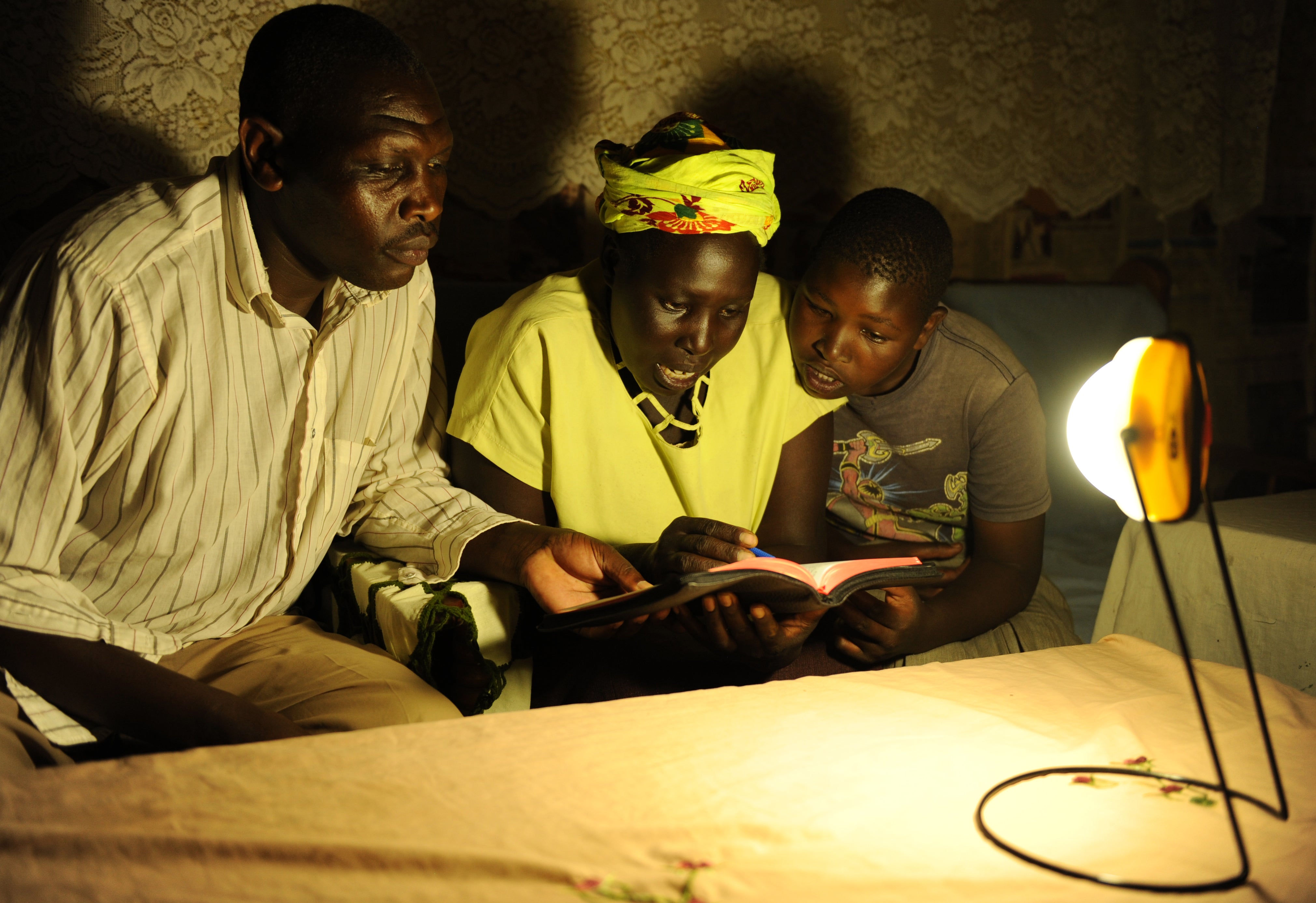 Funding the sun report
Funding the sun report
"Everyone has a plan until they get punched in the mouth."
Sadly, American fighter Mike Tyson’s quip about boxing applies to all of us now. As COVID-19 disrupts markets and chokes supply chains, businesses the world over are desperately scrambling to adjust operations, retain staff and, very often, simply pay the bills.
The off-grid solar market is no exception. After years of remarkable growth that provided clean energy access to hundreds of millions of people–often the rural poor–many companies now face dire circumstances. In a sector already marked by uneven payments, large overheads and high cash burn rates, the COVID-19 related operational interruptions and reduced ability to pay by off-grid customers have created major challenges. A recent SEforALL survey found that less than 30% of off-grid solar companies have enough runway to cover operating expenses for more than two months, with these reserves now being seriously tested.
The crisis leading to these financial challenges also renders off-grid energy access more crucial than ever. Those living without grid access are often society’s most vulnerable and, thus, those mostly harshly impacted by COVID-19 and its health and economic shocks. This is particularly true for rural healthcare facilities and frontline health workers, many of whom rely on solar energy for crucial electricity services.
In a crisis, stable finances are a necessity and in the short-term, liquidity is king. Companies are now taking steps to shore their finances, including deferring loan repayments and cash expenses, drawing down available credit, minimizing sales promotions and new installations, seeking cash sales, and tapping investors, grant makers and DFIs for emergency funding. Diversification of funding sources is more important now than ever before, and companies that have relationships with a diverse group of funders will likely fare better than those with all their eggs in one basket.
The World Bank and the Cambridge Center for Alternative Finance have just launched a joint report, Funding the Sun: New Paradigms for Financing Off-grid Solar Companies, which explores the full array of financing options relevant to off-grid solar companies. These range from traditional small and medium enterprise (SME) loans to peer-to-peer lending to mobile-issued retail bonds. The report also explores the potential role of distributed ledger technology, including cryptocurrencies and blockchain, in the sector.
Even before the current crisis, financial needs in the sector were immense. The recent Off-Grid Solar Market Trends Report 2020 found that in order to achieve universal access to electricity by 2030, the off-grid solar (OGS) sector would need up to $11 billion in additional funding. Now, COVID-19 is making that finance gap even more daunting.
A scant two months ago, the mood of the more than 1,200 participants at the Global Off-grid Solar Forum and Expo in Nairobi, Kenya, was one of excitement and enthusiasm in an evolving market, which grew from its infancy 10 years ago to serving over 400 million users today. However, even then, it was apparent that the sector could benefit from more funding sources. While many companies have in fact successfully grown using existing finance channels, there has been a concentration of investments in too few companies, limiting the number of scaled deployments in the sector to meet the urgent demand of off-grid customers. The sector still needs more discussion on the role of financial innovation, blended financing instruments, and new funding sources.
The COVID-19 crisis reinforces this need for creative financing solutions from an increasingly diverse group of funders that bring together different motivations and risk appetites. COVID-19 is deeply affecting all off-grid companies, often disrupting sales, logistics channels, inventory management, and customer care. But the need and demand for reliable, quality and affordable off-grid solar electricity remains high, as many people bring their offices home, children are home-schooled, people need access to communication to stay informed about the pandemics and prevention measures, and hospitals and health clinics are being prepped to treat a growing number of COVID-19 patients. Financial innovations, such as those described in the Funding the Sun report, can not only help increase the overall amount of financing available for the sector, but also help better match the needs of a diverse set of companies with those of a diverse set of investors to serve a varied set of customers, even, and perhaps especially, during COVID-19 emergencies.
A recent survey from Sun-Connect demonstrates the financial strain of many off-grid solar companies, and highlights the different types of finance needed. Companies noted that financial support for employee payrolls was the greatest need followed by efforts to bolster up demand such as subsidized product offerings and contracts from international NGOs. Our own experience bears this out. Some companies in Zambia and Kenya are actually seeing strong demand, but lack funds to shore up inventory. Only through a diverse, robust set of financial sources can companies be resilient enough to maintain long-term growth trajectories.
Funding the Sun: New Paradigms for Financing Off-grid Solar Companies lays out a suite of financing options that entrepreneurs, funders and other stakeholders can use to forge new modalities of company funding going forward. COVID-19 presents the off-grid solar sector with an opportunity to emerge from the crisis with increased effectiveness and resilience. This change must include innovative approaches to company financing that will fuel the continued growth of the sector and mitigate the impact of future shocks.
Subscribe here to stay up to date with the latest Energy blogs.




Join the Conversation